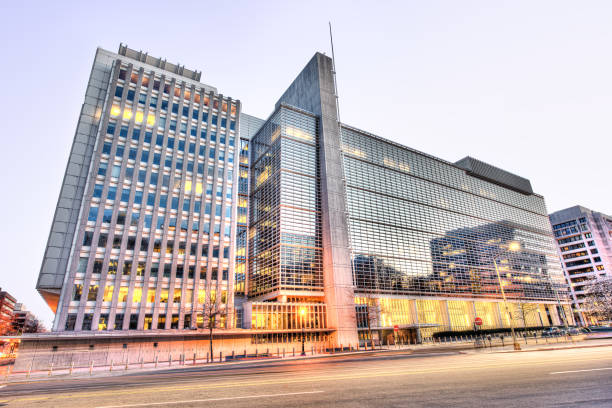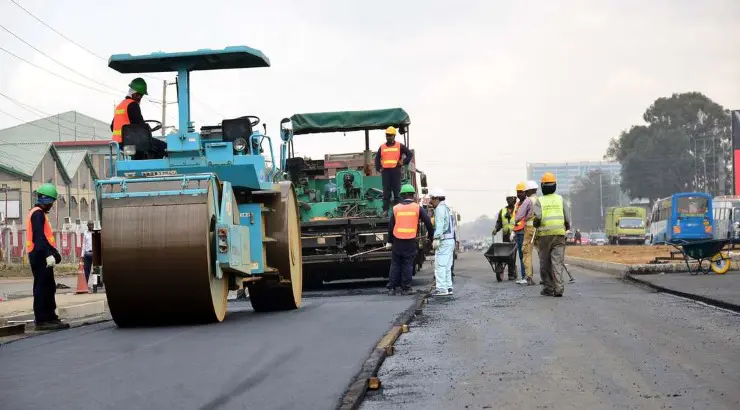President William Ruto’s administration has hit a major roadblock as the World Bank suspends the release of Ksh97 billion (about US$750 million), citing delays in critical governance reforms.
The funding, intended to finance infrastructure projects, health programs, education initiatives, and social safety nets, is now on hold, leaving the government to reassess budget plans and timelines for several key development programs.

President William Ruto faces a funding challenge as the World Bank halts Ksh 97 billion to Kenya.
Why the World Bank Stopped the Funds
The suspension is linked to Kenya’s slow progress in implementing the Conflict of Interest Bill, which the World Bank considers crucial for ensuring transparency and proper management of public resources.
World Bank officials have stressed that compliance with these reforms is a prerequisite for the release of funds.
The move underscores the institution’s insistence on accountability in loan management, particularly for large-scale development financing.

The World Bank headquarters in Washington, DC, illustrating the lender that has blocked Kenyan funds. (Source: Isostock)
Where the Money Was Supposed to Go
The blocked Ksh97 billion was earmarked for projects that directly impact the lives of ordinary Kenyans:
-
Infrastructure: Road upgrades, bridges, and public works to spur economic growth.
-
Health: Hospitals, vaccination programs, and maternal and child healthcare.
-
Education: School facilities, learning materials, and technical training programs.
-
Social Safety Nets: Cash transfers and poverty alleviation programs for vulnerable populations.
Treasury officials warn that delays could force spending cuts, project postponements, or even new taxes, affecting service delivery across the country.

The blocked Ksh 97 billion was earmarked for roads, bridges, and other key infrastructure projects.
Political and Economic Stakes
Analysts say this funding hurdle is a test for Ruto’s administration, highlighting the delicate balance between ambitious development plans and the strict conditions imposed by international lenders.
The situation also sparks questions about fiscal discipline and governance reforms, as Kenya navigates its growing debt obligations while trying to maintain momentum on national development.
What Comes Next
Government officials are in active discussions with the World Bank, aiming to meet the required reforms and unlock the funds.
While the delay is a setback, it also presents an opportunity for the administration to demonstrate commitment to transparency, governance, and proper financial management.
For ordinary Kenyans, the next few weeks will reveal whether these reforms translate into action and whether the Ksh97 billion will finally reach projects meant to improve livelihoods across the country.
Read More: How Powerful Politicians Are Using Proxies to Privatize Kenya’s Public Assets

 General News4 days ago
General News4 days ago
 General News6 hours ago
General News6 hours ago
 Politics6 hours ago
Politics6 hours ago









